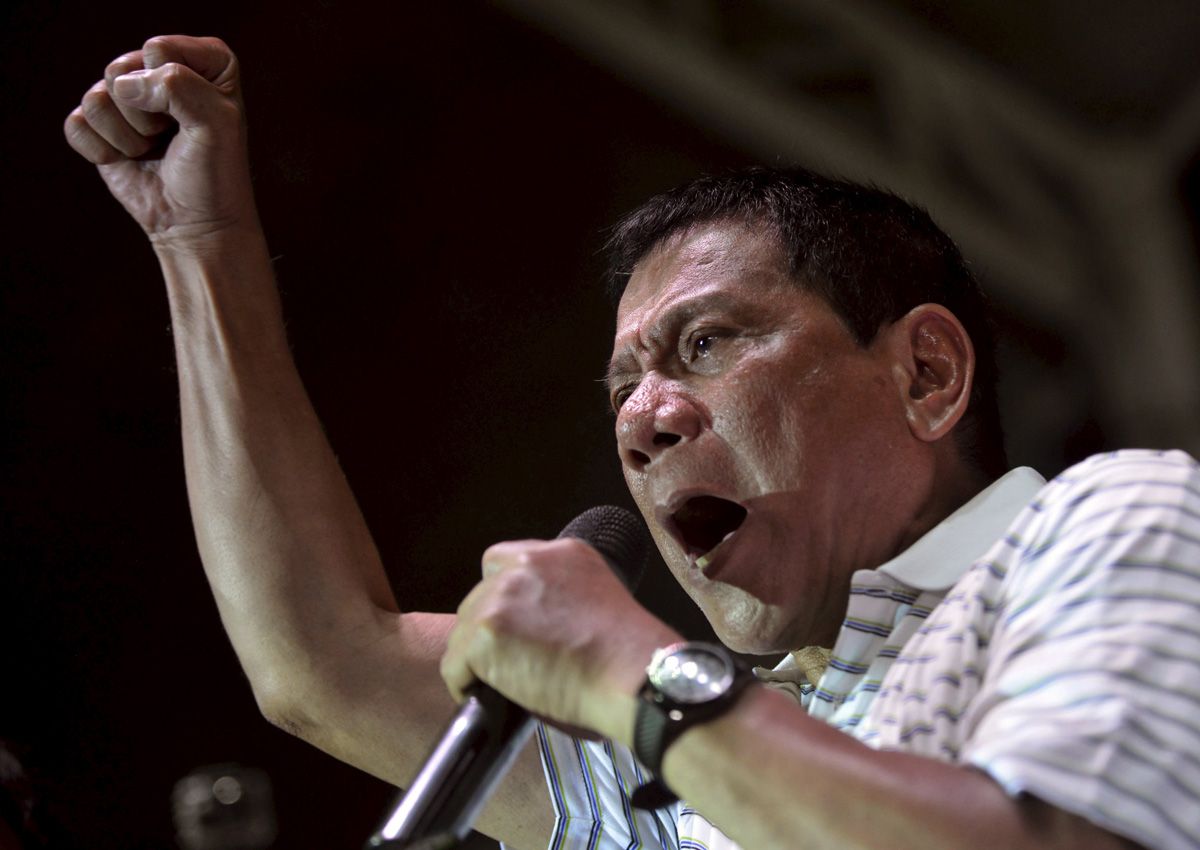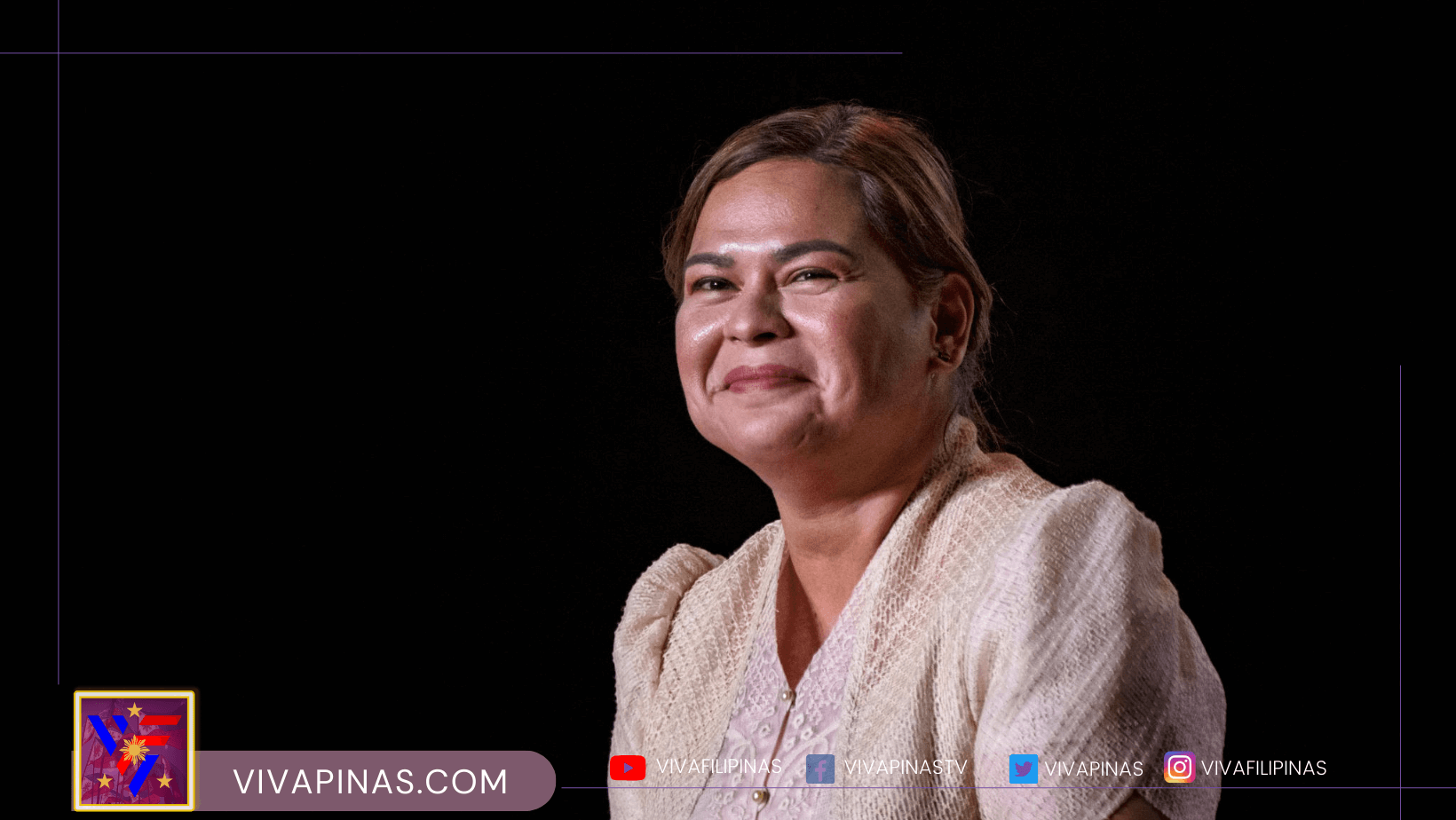
MANILA – A human rights group is concerned about President Rodrigo Duterte’s response to the removal of social media giant Facebook from some “pro-government” accounts and pages due to “coordinated inauthentic behavior.”
In a statement, Karapatan Secretary-General Cristina Palabay said that the closure of the social media giant’s operation in the country can be considered censorship, if the government’s aim is to maintain accounts that are supposed to influence elections and create lies against activists.
“While there are numerous human rights challenges that Facebook has to address, shutting down the platform, when it doesn’t suit the current administration’s wishes to maintain pages that incite violence and foment lies on activists and those that will unduly influence the election, is tantamount to censorship,” said Palabay.
In his statement on Monday, Duterte slammed Facebook and encouraged dialogue with the social media giant following the closure of government-affiliated social media accounts.
Duterte warns if Facebook will not comply.
“Facebook, listen to me. We allow you to operate here. Hoping that you could help us also. Now, if government cannot espouse or advocate something which is the good of the people, then what is your purpose here in my country?”
Palabay insisted that the social media website should stand up against Duterte’s alleged harassment.
“Facebook should stand its ground against this bullying of the President. Instead, it is the government that should be held to account for the government funds and resources it has used to abuse the platform to promote its anti-people and repressive policies,” he said.
It will be recalled that on September 22, Facebook announced that they had removed 155 accounts, 11 pages, 9 groups and 6 Instagram accounts for allegedly violating the social media site policy.
“We removed 155 accounts, 11 pages, 9 Groups and 6 Instagram accounts for violating our policy against foreign or government interference which is coordinated inauthentic behavior on behalf of a foreign or government entity,” according to Facebook.
The removal of Facebook includes the “Hands off Our Children” page used in the advocacy of parents looking for their children who were allegedly recruited by the New People’s Army.
Malacanang initially insisted that the deleted Facebook page was only an advocacy page and that it was not owned by the government.
“Iyan ay isa po sa mga advocacy pages na natanggal, hindi po iyan minemintina ng gobyerno pero iyan po ay tumutulong sa gobyerno na isulong ang gobyerno natin sang-ayon sa Geneva Conventions and additional protocols ng Geneva Conventions at sa international convention on the rights of the child,” said Presidential Spokesperson Harry Roque.
One of the page administrators and also removed from his personal Facebook account is Capt. Alexander Cabales, chief of the Philippine Army’s social media center.
The Armed Forces of the Philippines clarified that the purpose of using Facebook is for the good of the people.
“Nakikita ng AFP ang Facebook at iba pang social media outfit bilang isang platform kung saan mas napag-uugnay natin ano ang kagustuhan ng sambayanang Pilipino at ng Armed Forces of the Philippines na talunin nga ang teroristang grupong ito, lalong-lalo na yung mga nagpapanggap na makabayan at makamamamayan,” said Maj. Gen. Ehdgard Arevalo, AFP spokesman.
An attempt was made to seize the Facebook side, saying they had nothing more to say other than the announcement that Facebook accounts would be deleted.
“Nothing further to add to the FB Newsroom announcement posted last Sept. 22,” said Michelle Fojas of Facebook Philippines.
According to Manila Bulletin technology expert Art Samaniego Jr., it is not new that Facebook is threatening to shut down. Such social media sites are currently banned in China, Iran, and Syria.
But even if it is banned, there is still a way to use Facebook – through a virtual private network (VPN.)
“Ang ginagawa kasi uutusan lang ng gobyerno itong mga ISP (internet service provider) natin, itong mga telco natin na ‘pag may tao na gustong mag-access sa Facebook, wag mong papayagan, wag mong itutuloy. Ang ginagawa ng VPN, tinatago niya ‘yung tunay kong pinanggalingan o ‘yung IP address ko o ang source ko, pagkatapos puwede niya kong hayaang maka-access sa Facebook na hindi alam ng gobyerno natin kung ano ina-access ko,” said Samaniego.





